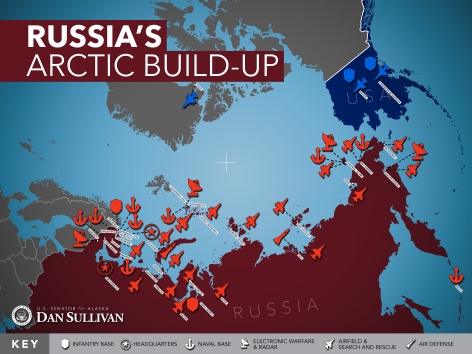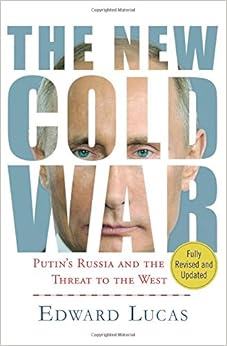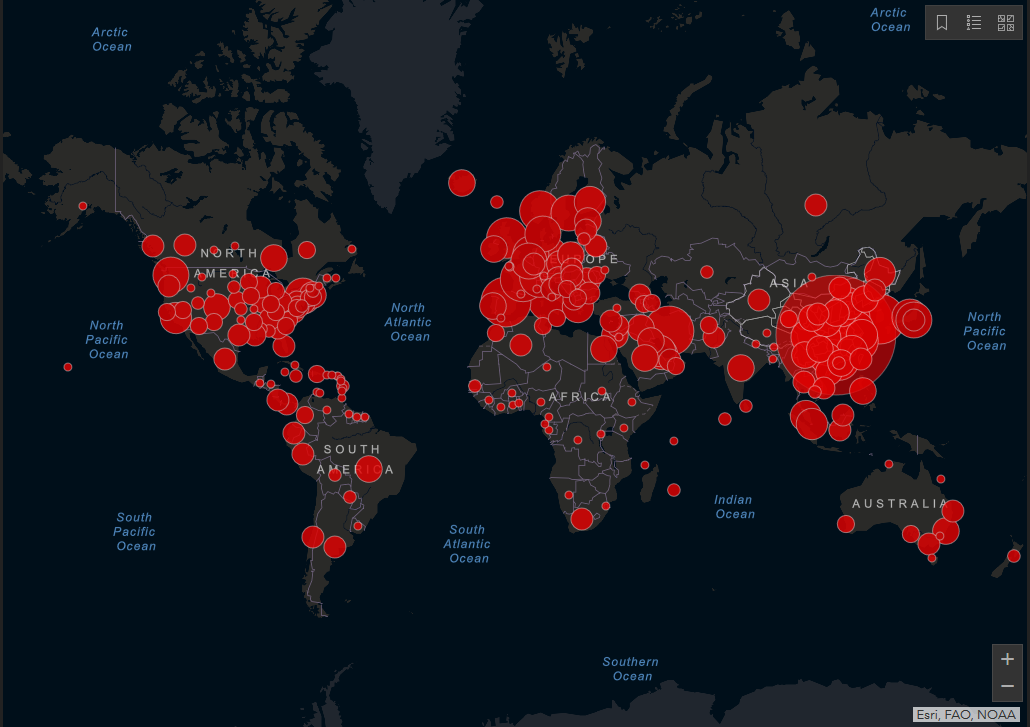> – Anonymous US Military Source: Cuban Agents, FARC Guerrillas Have Infiltrated Mexico’s Epristas
– Anonymous US Military Source: Cuban Agents, FARC Guerrillas Have Infiltrated Mexico’s Epristas
– Owner of Venezuela’s Last Opposition TV Station Flees Country, Joins Globovision Director, Ex-Banker in Exile
– Ruling United Socialist Party of Venezuela Organizes “Election Patrols” Ahead of September Ballot
– Nicaragua’s Ortega Rolls out “Red Carpet” for FARC Fugitive, Follows Asylum for Four Other FARC “Groupies” in 2008
Communism, we are told, is still dead in Russia and Eastern Europe. However, over in our neck of the woods—the Americas—the communist-infiltrated Democratic Party controls all three branches of the US government, while guerrillas, drug operatives, and the “ex”-KGB types who run the Russian Mafia are working hand in glove to destabilize Mexican President Felipe Calderon’s “bourgeois, neo-liberal” regime.
A June 1, 2010 article published in both the San Francisco Examiner and Washington Examiner reports that Venezuela’s self-avowed communist president, Hugo Chavez, is funding Mexico’s Popular Revolutionary Army (EPR), which first announced its presence to the world in 1996. For his part, former paratrooper and Castro disciple Chavez tried to seized power twice in 1992 but, after a short prison sentence, won Venezuela’s 1998 presidential election. Thereafter, he began using PDVSA revenues and his regime’s take from the region’s cocaine trade to finance leftist parties and guerrilla armies throughout Central and South America.
This is not the first time we have blogged about the nexus between Chavez and Mexico’s Marxist insurgents. Over the past decade, Venezuela has effectively replaced Cuba as the Western Hemisphere’s main hub for exporting communist revolution.
Journalist Sara Carter quotes an anonymous Mexican official as saying: “The Ejercito Popular Revolucionario (EPR) is a terrorist organization bent on destabilizing Mexico. Splinters of the group are also adding to the problem.” Carter also quotes a US official as saying: “Chavez has been funding groups like these in Mexico and throughout Latin America. These groups are nothing more than terrorist organizations and members have connected to other narco-trafficking organizations in Mexico, creating a very dangerous matrix.”
A US military official observes: “EPR has members that are former Cuban agents, Colombians, as well as others with an agenda to see a shift to the left in Mexico.” In referring to “Colombians,” this source is presumably implying that guerrillas from the Revolutionary Armed Forces of Colombia are fighting side by side with the Epristas.
According to all of these officials, EPR receives funding not only from the Venezuelan government, but also Mexico’s powerful drug cartels.
The EPR claimed responsibility for the 2007 bombings of the state-owned Pemex oil pipelines, along with several other bombing attempts of a bank and Sears department stores in cities throughout Mexico. Mexico’s intelligence services, according to Carter, have a “poor track record” of predicting the group’s operations.
Although the Epristas disavow kidnapping former presidential candidate Diego Fernandez de Cevallos, the guerrillas, in collaboration with narco-mercenaries, are suspected of perpetrating the disappearance. Fernandez is a member of the ruling conservative National Action Party (PAN) and a personal friend of President Calderon. On May 14, 2010 Fernandez’s vehicle was found near his ranch in the central state of Queretaro. Mexican officials say they detected signs of a struggle.
“His kidnappers are snubbing both the Mexican and U.S. government–showing both nations that it is Mexico’s criminal enterprise that is in charge,” commented Eduardo Garcia Valseca, the son of a Mexican newspaper magnate who was kidnapped by Epristas in 2008 and held for nearly eight months in a box before being ransomed. Valseca believes the similarities between his father’s kidnapping and that of Fernandez are too obvious to overlook. Valesca, who now lives with his family in self-imposed exile, elaborates:
Members of the U.S. administration don’t understand what’s been brewing in Mexico for a while, and this very powerful leftist movement has grown in Mexico. There is huge international interest to change Mexico into a socialist, communist state. When you listen to the narco-terrorists or the EPR, you hear them say how they hate capitalists and pretend to be like Robin Hoods. I lived through their horror. I know their hate.
The Mexican government is ignoring the warning signs and continues to cover up, hiding behind lies.
Attacks on members of Mexico’s politicians and media owners can be seen as a “sign” that Mexico is “slowly losing control from within,” the US officials quoted by Carter insist. In late May 2010 gunmen killed a mayoral candidate running on the PAN ticket in Valle Hermoso, a town near Brownsville, Texas, and an area known for cross-border drug trafficking. “These groups don’t want to see the PAN party succeed, and so with the backing of dictators like Chavez they will continue to try to destabilize Mexico,” commented another anonymous Mexican official who feared for his safety. “They’ve infiltrated our own government.” Next month, 10 Mexican states will prepare for elections, prompting politicians to express concerns about intimidation from “outside criminal forces.”
Meanwhile, in Venezuela the principal owner of the country’s last remaining opposition television station, Globovision, has fled the country, reports the Wall Street Journal on June 17, as Chavez applies more pressure to his opponents ahead of this September’s National Assembly election. Guillermo Zuloaga fled his homeland to an unknown destination after a warrant for his arrest was issued at least two weeks ago. The Chavezista regime accuses Zuloaga of hoarding cars at a family-owned dealership. Such hoarding is illegal in “Bolivarian” Venezuela.
In a telephone call to Globovision, Zuloaga insisted that the government’s accusations against him were trumped up to shut down freedom of expression. In March Zuloaga was briefly arrested for making similar comments. The same month former state governor Oswaldo Alvarez Paz was arrested after accusing Chavez of transforming Venezuela into a haven for drug traffickers.
Globovision director Nelson Mezerhane has also fled the country. Mezerhane doubles as president of the mid-sized Banco Federal, which on June 14 the Chavezista regime seized on charges of not meeting liquidity requirements. “This is part of a political agenda,” Mezerhane protested in an interview, adding: “The president wants to bend Globovision to its will and put it at the service of the state.” Taking to the airwaves, Chavez taunted his opponents: “They are running for some reason. . . . He who hasn’t done anything wrong, doesn’t fear anything.”
Alberto Federico Ravell, a shareholder and former editor in chief at Globovision, was forced to step down from his post earlier his year. Ravell opines: “I don’t think the president wants to shut down the channel. He just wants to strangle it with measures against its owners, tax audits, and other regulatory measures.”
In 2007 Chavez ordered another private broadcaster, RCTV, off the air, refusing to renew its license. Some political analysts believe the Venezuelan president is persecuting his critics in order to distract the population’s attention from serious domestic issues and scandals, such as 30% inflation and thousands of tons of imported food rotting in the country’s main port.
Chavez is anxious to perpetuate “21st century socialism” in his homeland. For this reason, the ruling United Socialist Party of Venezuela (PSUV) is ramping up for the September 26 election under the campaign banner “Batalla Bolivar 200,” named after nineteenth-century South American liberation leader Simon Bolivar. In order to secure victory, the PSUV is organizing 36,600 “election patrols” consisting of 50 party members each to “monitor” polling stations and obtain at least 10 voters in every community. The PSUV boasts 7.3 million registered members.
“September 26 must be an admirable day,” Chavez declared on June 12, adding: “The result should be admirable . . . the National Assembly has to continue being revolutionary. We can’t allow a result of less than two thirds of [seats] in the Assembly.” Chavez’s intentions are clear: The PSUV and its allies in the Communist Party of Venezuela will implement every trick in the book to intimidate the opposition and steal a majority in the Venezuelan parliament. By contrast, Venezuela’s disorganized rightist opposition, which boycotted the last National Assembly election in 2005, mustered candidates in only 15 of the 87 electoral circuits.
 Elsewhere in Latin America, Nicaragua’s TV Channel 4 reports that Ruben Dario Granda, brother of Rodrigo, “foreign minister” of FARC, and his family arrived in Managua on June 17, after spending nearly two weeks in Nicaragua’s Bogota embassy. Past/present Marxist dictator Daniel Ortega is a long-time supporter of Colombia’s red insurgents. “There are members of the Farc, of its high command, here in Nicaragua today,” claimed Victor Boitano, a former colonel in the Nicaraguan military, to The Times in a May 2010 interview.
Elsewhere in Latin America, Nicaragua’s TV Channel 4 reports that Ruben Dario Granda, brother of Rodrigo, “foreign minister” of FARC, and his family arrived in Managua on June 17, after spending nearly two weeks in Nicaragua’s Bogota embassy. Past/present Marxist dictator Daniel Ortega is a long-time supporter of Colombia’s red insurgents. “There are members of the Farc, of its high command, here in Nicaragua today,” claimed Victor Boitano, a former colonel in the Nicaraguan military, to The Times in a May 2010 interview.
Since re-emerging from 16 years of hibernation, the ruling Sandinista National Liberation Front has refurbished the 3,000-meter military runway at Punta Huete, originally built with the help of Soviet and Cuban engineers in the 1980s. Panchito Aerodrome is pictured above in a recent photo. Note the new control tower in the image’s upper right. In late 2008 and again earlier this year the Russians have expressed an interest in using the airbase. Earlier this month, the long-dormant Russia-Nicaragua Intergovernmental Commission restored twice-weekly “commercial” flights between Moscow and Managua via Havana.
Thus, it may be only a matter of time before the Kremlin’s Tu-160 supersonic bombers once again touch down in Venezuela, as they did in September 2008, before speeding over the Caribbean Sea to land in Nicaragua. If the world’s largest combat aircraft arrives in Central America, this event will be a “first” for Soviet/Russian strategic aviation both during and after the Cold War.





>You might want to add how the U.S. government gave up land to Mexican drug cartels, along with drug cartels using sniper teams at police, and in Hemet, California, Mexican Mafia-Russian Mafia affiliated gangs used rockets against local police too.Sounds like Red Dawn is approaching fast…in the form of Red Terror.
>You may also want to watch what's going on between Armenia and Azerbaijan. Azerbaijani forces were engaged in an incursion, via recon mission into Armenian-controlled territory.Iran oddly enough condemned the incursions…but only to blame outside forces for the incident, not Armenian forces as the Iranian ambassador within Armenia defended the "former" Soviet Republic.Sounds like this could be a good page for the End Times category, as this would expose Iran's trying to make excuses why it should be going to war against Israel and also the USA.